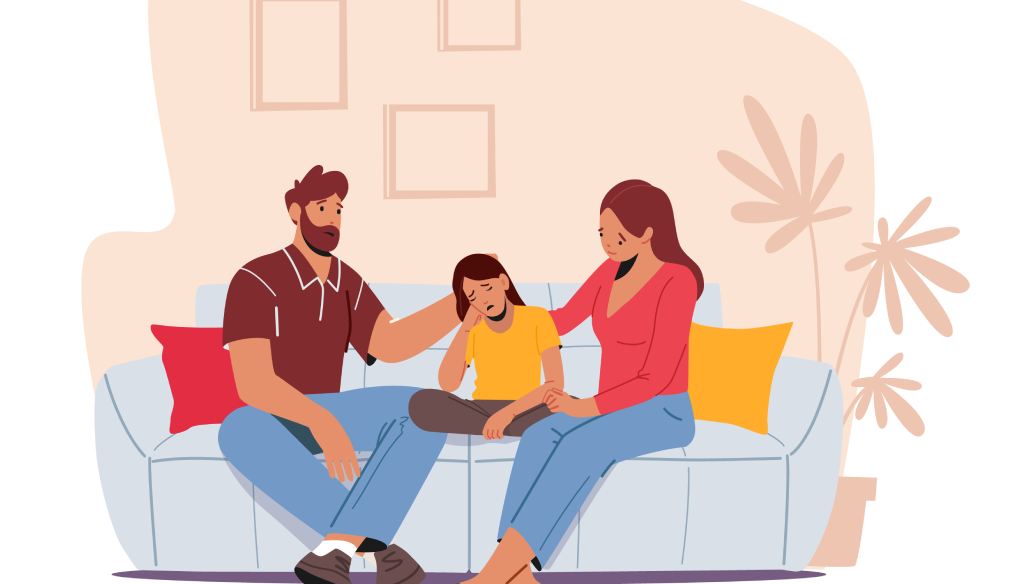Parents play an important role in the overall development of their child. Developmentally, the first six years of life are the most critical. Children develop 85% of their core brain structure by the time they are five years old. Our best child psychologist in Pune can help you understand that the quality of the environment during these early years has a direct impact on the thinking, reasoning, language, physical ability, and social and emotional behavior of the child.
Importance of the role of parents in child development
Parenting and child development go hand in hand. The role of parents in child development is responsive, responsible and never-ending.
Here are a few areas in which the parenting affects the child’s development
Center for Mental Health child therapists can help you understand these developments in a personalized manner to you and your child.
Naturally, there is a lot of pressure and expectation on the parents. Which is why parents genuinely want to understand their child’s development as well as how to parent effectively but do not know where to get the accurate information from. Child development and parenting research articles and scientific papers are a great place to start with.
Here are a few pointers that child development and parenting research can help us understand
We, at the Center for Mental Health, are here to help you!

